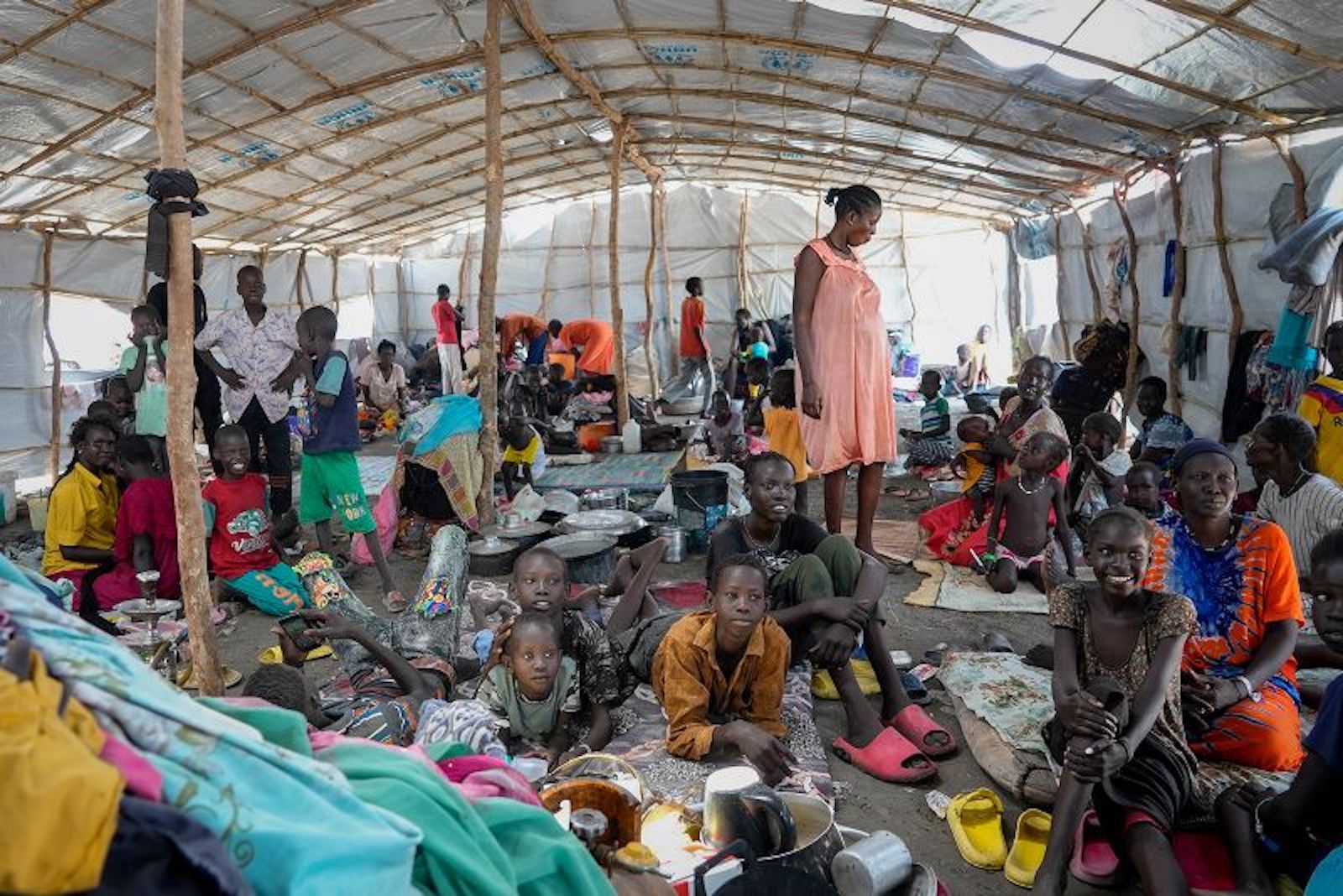Video summary of the war in Sudan: what is happening and why 7:05
(CNN) -- Nearly 1.4 million people have been displaced in Sudan since conflict erupted between two rival generals in April, the United Nations Office for the Coordination of Humanitarian Affairs (OCHA) said Sunday in a new report that exposes the scale of the catastrophe in which the African nation is plunged.
Even before the fighting intensified, years of political instability left Sudan with several million internally displaced people. The country also hosted 1.13 million refugees from other countries in conflict, including South Sudan, Eritrea and Syria, according to UNHCR data.
The new outbreak of violence forced a new wave of people to flee their homes, moving to other parts of Sudan or crossing into neighbouring countries.
The new estimate cites figures from several UN agencies.
Since fighting broke out on 15 April 2023, more than one million people had been internally displaced in the country as of 23 May, according to the UN International Organization for Migration's (IOM) Displacement Tracking Matrix.
advertising
"The number of new IDPs in just over five weeks (from 15 April to 23 May) is comparable to that recorded for all displacements in the country between 2020 and 2022," the statement said.
As of May 26, another 345,000 people had fled Sudan for neighbouring countries such as Egypt, Chad and Ethiopia, according to the United Nations High Commissioner for Refugees (UNHCR).
- Two Sudanese Rival Military Factions Agree to Extend Ceasefire for 3 Days Following US, Saudi Efforts
Tens of thousands of South Sudanese are returning home from neighboring Sudan, which erupted into violence last month. (Credit: Sam Mednick/AP)
Amid the vast displacement, reports of gender-based violence and domestic violence increased, especially among the displaced Sudanese population, according to the UN Population Fund.
Alarmingly, there have also been reports of "sexual violence against women and girls, including allegations of rape, committed by parties to conflict," said Pramila Patten, Special Representative of the UN Secretary-General on Sexual Violence in Conflict.
The current conflict pits the Sudanese Armed Forces (SAF) against its rival, the Rapid Support Forces (RSF). Fighting has continued despite a seven-day ceasefire agreement that began on May 22, brokered by Saudi Arabia and the United States.
A further escalation is feared as the ceasefire is expected to end on Monday.
Thousands of foreign nationals have fled the country as Western and regional powers intervened to evacuate their own citizens, but thousands of families have risked perilous journeys from the capital, Khartoum, and other parts of Sudan by being left to fend for themselves or fleeing to poverty-stricken neighbouring countries.
At least 730 people have been killed and some 5,500 injured as of May 23, according to Sudan's Federal Ministry of Health.
Since the conflict began, at least eight aid workers and eight health workers have been killed, according to the UN.
According to another assessment by the Preliminary Committee of the Sudanese Doctors' Union, at least 850 people have been killed and some 3,400 injured.
- How did the West legitimize Sudan's warring generals?
Belongings of people who crossed the border from Sudan in a courtyard at the Joda border crossing in South Sudan on 16 May 2023. (Credit: Sam Mednick/AP)
Sudan, a war-torn country
Deadly attacks have been reported in multiple parts of the war-torn country and damage to civilian facilities, with reports of looting and unexploded ordnance in urban areas, the UN statement said.
Since April 15, there have been at least 38 attacks on health facilities in Sudan, according to the World Health Organization. This includes 22 attacks on health facilities, six attacks on warehouses and nine attacks on supplies, among others.
In Eastern Darfur, more than 30 babies died in a hospital in Ad Du'ayn, including six newborns, due to problems such as lack of oxygen and a power outage, WHO said.
In the city of Zalingi in western Sudan, homes, schools, banks, government institutions and humanitarian sites were reported looted, according to the UN.
"Water and electricity services have been disconnected, and telecommunications services have been interrupted," the statement added.
According to the UN Mine Action Service, there are increasing reports of unexploded ordnance in Khartoum and other urban areas of Sudan, including on buildings, roads and roadsides.
The UN said humanitarian partners are working quickly to move relief supplies to areas where they are most needed, but there are problems of insecurity and transport.
Refugee CrisisDisplacedCivil War
